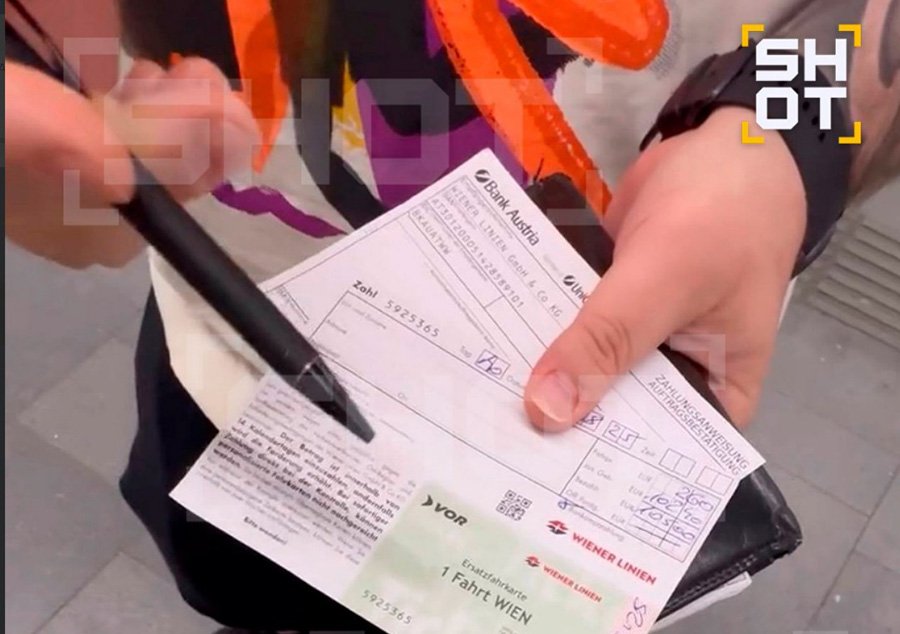Russians Abroad: Fines, Detentions, and Entry Bans

Russians often encounter unpleasant situations abroad. Some are fined for violations they were unaware of, others end up in jail. Entry bans are common, and sometimes tourists are deported. The reasons range from strict local rules to misunderstandings with authorities.
In Austria, Russians were fined over €300 for entering the metro without tickets, SHOT reports. They failed to notice a street ticket terminal, and the inspector did not believe their intent to pay at the station. Ksenia and Maxim from St. Petersburg, along with a relative, took an elevator down to the metro. They approached the inspector to ask where to buy a ticket and were fined €105 each. It turned out that being on the station premises without a ticket is prohibited. They explained they hadn’t used the train, which could be confirmed by security footage, but the inspector replied that verification costs €4,000. Without mobile service, they could not call the police.
In Copenhagen, Russians bought two €8 tickets, but the pass stated “for one adult.” They traveled only one stop before an inspector issued a fine of nearly €94 . Last year in Italy, a Russian tourist was fined almost 20 times the toll price for mistakenly entering a lane reserved for drivers with the Telepass system [leech=https://t-j.ru/discuss/fine-abroad/?utm_source=chatgpt.com]TJournal reports. While exiting, their cards failed to work, and pressing the help button resulted in a €76 fine. They paid €10 on the spot, with the rest settled in Milan through their Airbnb host.
In Mexico, another Russian tourist was fined for carrying an alcoholic drink in public. She stepped outside with a plastic cup to celebrate New Year’s. Police demanded $200 for violating public conduct rules. She paid to avoid spending the night in jail, later learning that the official fine was half that amount.
More serious incidents have occurred. In Tunisia, several Russians were arrested. One told RIA Novosti that he had broken no laws but was detained along with other tourists. The reason: they had used cardboard to block an uncovered hotel window. “Someone thought it was dangerous and called the police,” he said.
In autumn 2024, 11 Russian tourists visited Haidra, near the Algerian border, to see ancient ruins. In November, they stopped contacting family. The Russian Embassy in Tunisia explained that they were placed in five different prisons without charges. Appeals to President Kais Saied for their release were unsuccessful. Only in April was one tourist freed for health reasons.
In August 2025, Thai authorities revoked the long-term visa of Russian vlogger Timur Zbarsky after he traveled 150 km along the Cambodian border filming combat operations and air defenses. This was deemed a national security threat. Immigration police detained him in Pattaya, later transferring him to Bangkok’s detention center. He sleeps on the floor in a shared cell. No charges have been filed, but he will be deported to Russia, with family or donors covering the ticket. He may also be banned from Thailand for five years.
Most incidents involve entry bans to various countries. Usually, Russians are sent back, sometimes detained in holding facilities. Such cases have been reported in Mexico. Recently, Gazeta Metro described a “warm welcome” in South Korea. Tatiana arrived in Seoul with a visa, hotel booking, and return ticket. At the border, she was interrogated about details including her bus number and breakfast. Authorities confiscated her passport, phone, and luggage. She was refused entry without explanation and placed in the airport’s basement holding area with nine others, sleeping on chairs. Eventually, she bought a multi-stop ticket and returned to Moscow.
Many countries are tightening controls on foreigners, making unpleasant surprises more likely. Experts recommend reviewing local laws and behavioral rules before travel. Since February 2022, regulations have often been stricter for Russian citizens, leading to more denied boardings and entry refusals.
Подсказки: Russia, tourism, travel restrictions, fines, arrests, entry bans, deportation, immigration policy, Thailand, Tunisia, Austria, South Korea, travel safety, Russian travelers








